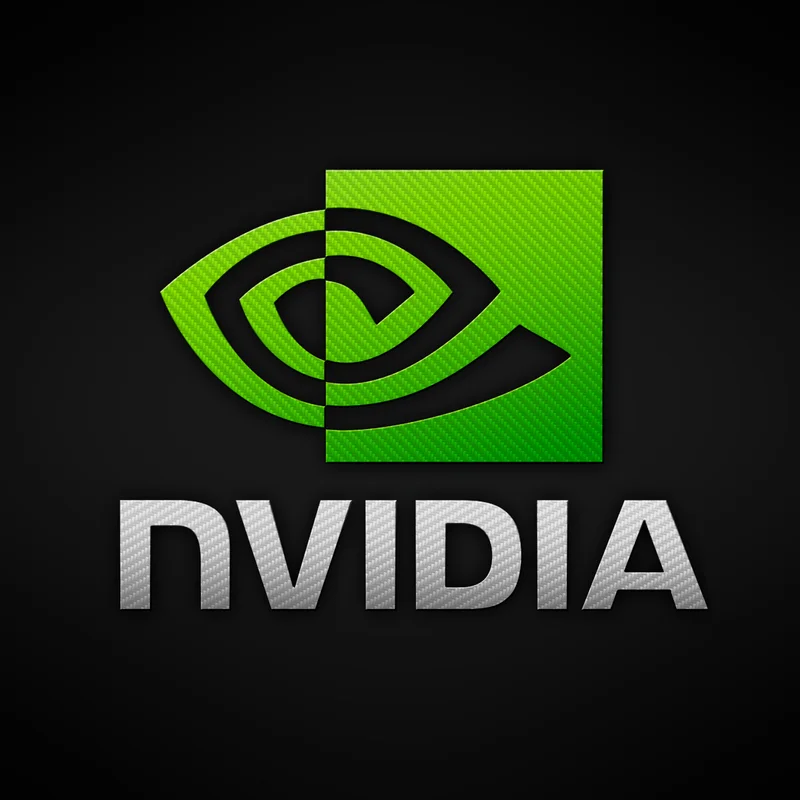Nvidia, the name on everyone's lips these days, recently became a $5 trillion behemoth—the first to do so, mind you!—riding the crest of this incredible AI wave. But behind the scenes, internal emails are hinting at a few growing pains. Are these just minor hiccups, or are they signs of something more significant? I think it's the former, and here's why.
These emails, surfacing from Nvidia's Worldwide Field Operations, reveal that the company's wrestling with how to sell its software alongside its wildly popular AI hardware. Think of it like this: Nvidia's hardware is the Formula 1 race car, and its software is the pit crew, the strategy team, the whole ecosystem that keeps the car running at peak performance. You can't just sell the car; you need to sell the entire racing experience.
The challenge, it seems, lies in crafting a unified "comprehensive software story," especially for products like Nvidia AI Enterprise (NVAIE), Run:ai, Omniverse, and vGPU. NVAIE, in particular, is a fascinating piece of the puzzle. It's a suite of tools designed to empower clients to build their own AI applications. Nasdaq, the IRS, and AT&T are already on board—serious players who see the potential.
But here's the rub: according to the emails, there’s a "fundamental disconnect" between Nvidia and its clients' legal and procurement teams, especially in highly regulated industries like finance and healthcare. Nvidia's internal emails reveal a 'fundamental disconnect' with major software clients Data security, indemnity obligations, and damages caps are proving to be sticking points. It makes sense, right? These industries can't afford to play fast and loose with AI. They need assurances, guarantees, and a clear understanding of the risks.

It reminds me of the early days of the internet. Everyone knew it was going to be huge, but nobody quite knew how to regulate it, how to secure it, or how to make it safe for everyone. We’re seeing the same growing pains with AI. And honestly, it's a good thing. It means we're taking the ethical and legal considerations seriously.
One email highlighted the need for more education, both internally and externally. Workshops are planned to help customers understand how to leverage NVAIE and other product libraries for their AI ventures. This is crucial. You can't just hand someone a complex tool and expect them to master it overnight. You need to provide training, support, and a clear roadmap for success.
And the numbers speak for themselves. Internal forecasts for the third quarter of fiscal 2026 project that stand-alone software sales in North and Latin America will hit 110% of targets. NVAIE, specifically, is expected to reach a whopping 186% of its goal! So, while there may be some friction in the sales process, the demand is clearly there. People want what Nvidia is selling.
The question is: can Nvidia bridge this "fundamental disconnect" and streamline its software sales process? I think it can, and I think it will. Nvidia has a track record of overcoming challenges and pushing the boundaries of what's possible. This is just another hurdle on the path to AI dominance.
These growing pains aren't a sign of weakness; they're a sign of growth. They're a sign that Nvidia is pushing into new territory, expanding its reach beyond hardware and into the complex world of enterprise software. And that's something to be excited about. When I think about the AI-powered future that Nvidia is helping to create, I can't help but feel a sense of optimism. It's a future where AI is accessible to everyone, where businesses of all sizes can leverage its power to innovate, grow, and solve some of the world's most pressing challenges.